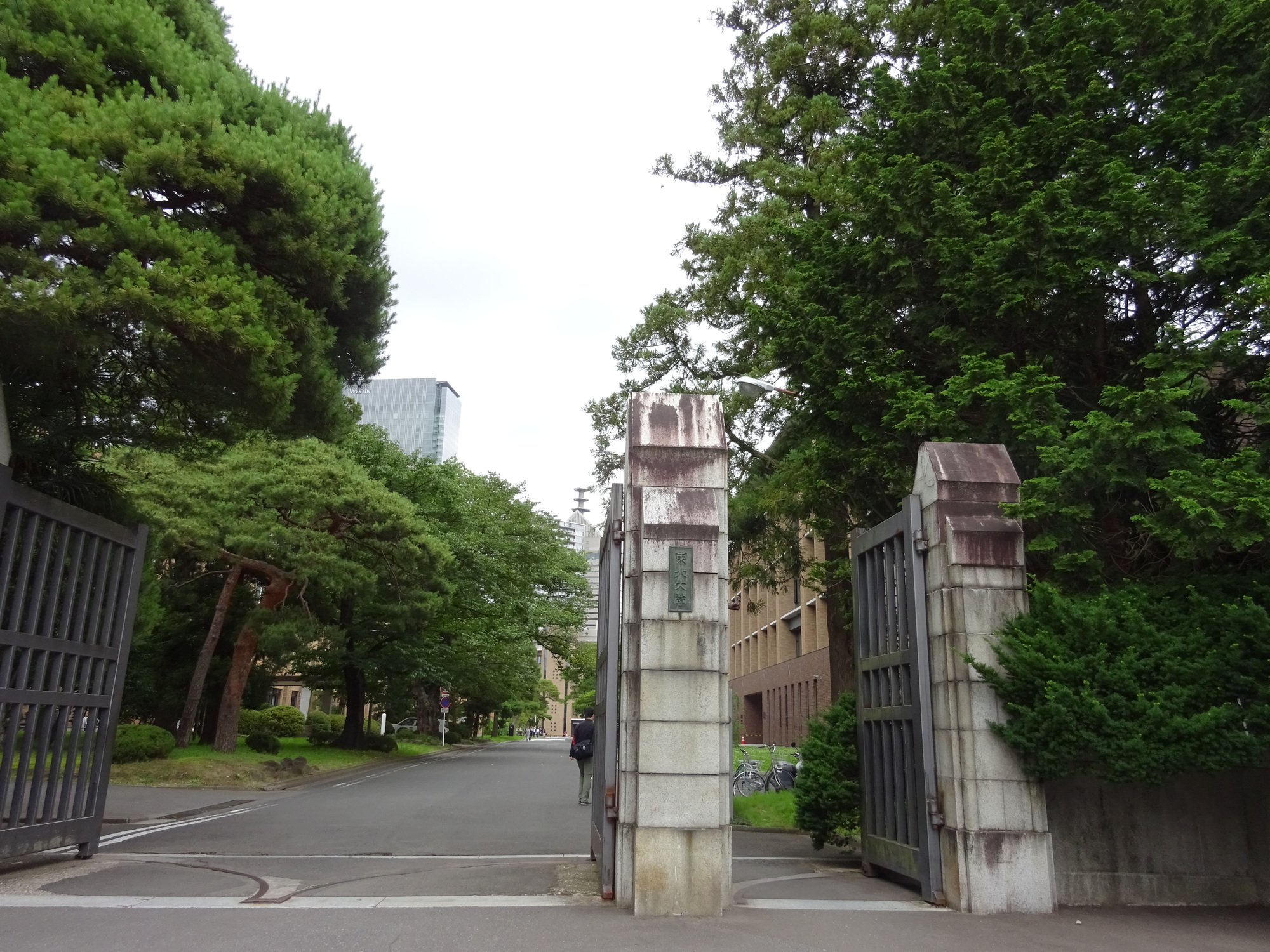Associate Professor Tsuyoshi Hondo of the Graduate School of Science, Tohoku University, and his colleagues have shown that both the damage to life and the economy can be minimized if appropriate measures are taken systematically from the early stages of the spread of infectious diseases. theoretically clarified.
In response to the pandemic of the new coronavirus infection, Japan repeated the policy of suspending infection control until the medical system began to collapse due to concerns about economic damage, and the number of deaths due to infection increased year by year.The key to infectious disease control lies in balancing the economy and finances.However, even in research on infectious disease control and economics so far, almost no methods have been found to reduce the damage to both life and the economy, and it is rarely seen as a balance issue that emphasizes either life or the economy. I didn't.
Is it possible to balance the economy and infectious disease policy in Japan?In order to answer this question, in this research, a new method that combines the cost-benefit analysis of economics and theoretical epidemiology with the methodology of theoretical physics is used to reduce the number of infected people at the peak of infection to a certain level from the necessity of preventing medical collapse. Under the conditions of stopping, we analyzed what kind of strength countermeasures should be taken at what timing to reduce the damage to the economy and life.
According to this result, it is shown that it is better to continue moderate countermeasures from an early stage than to take severe countermeasures such as applying the brakes immediately before a crisis. rice field.Under the pandemic, it is said that proactive “sustaining moderate measures” will reduce both the negative impact on public health and the economy.Based on this research, the government's response policy (suspending measures in the early stages of the spread of infection and taking strong measures such as declaring a state of emergency after an explosive spread of infection) not only increases the number of infected people, but also costs the economy. It is feared that this could lead to an increase in
The results of this research are said to be basic principles that are universally applicable to pandemics, not limited to the new coronavirus infection, and are expected to be useful in constructing specific guidelines for infection control to be compatible with the economy in the future. .
Paper information:[Journal of the Physical Society of Japan] Timely Pandemic Countermeasures Reduce both Health Damage and Economic Loss: Generality of the Exact Solution

